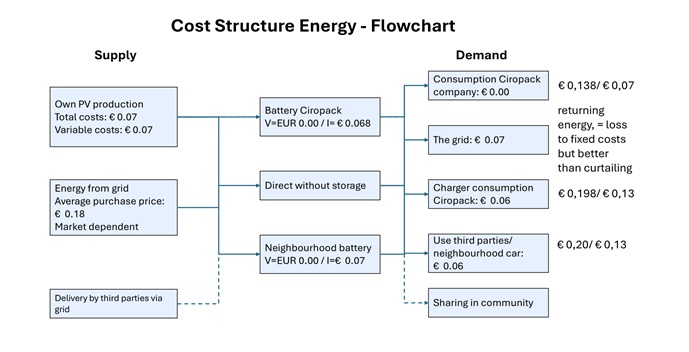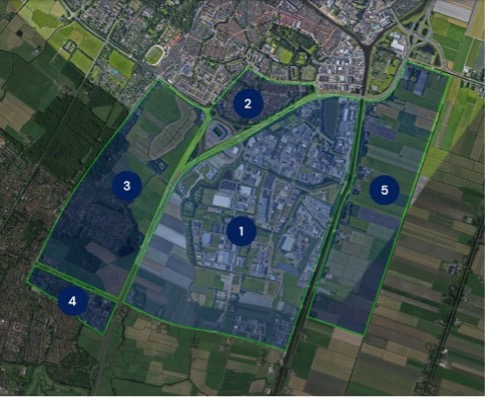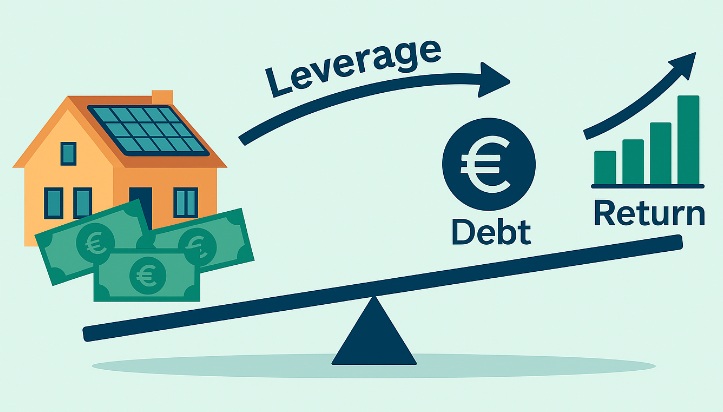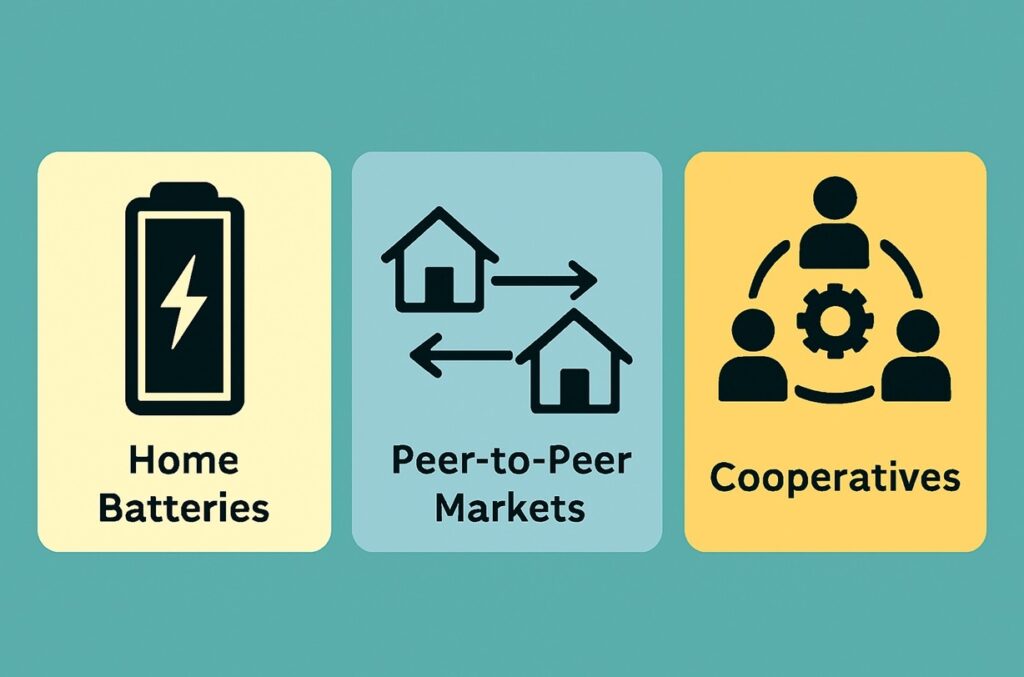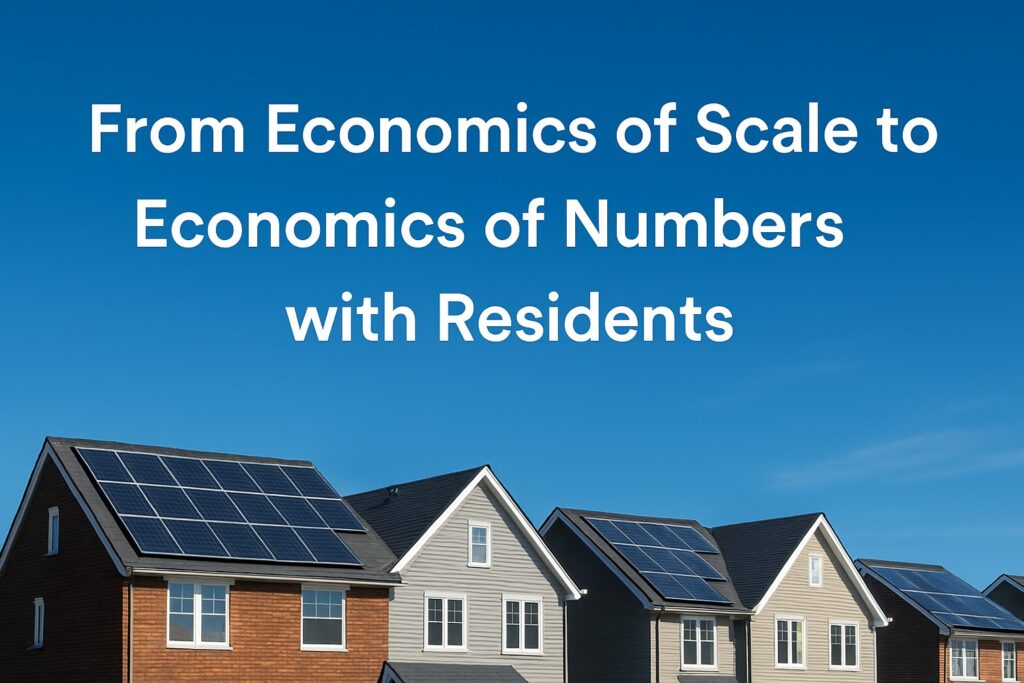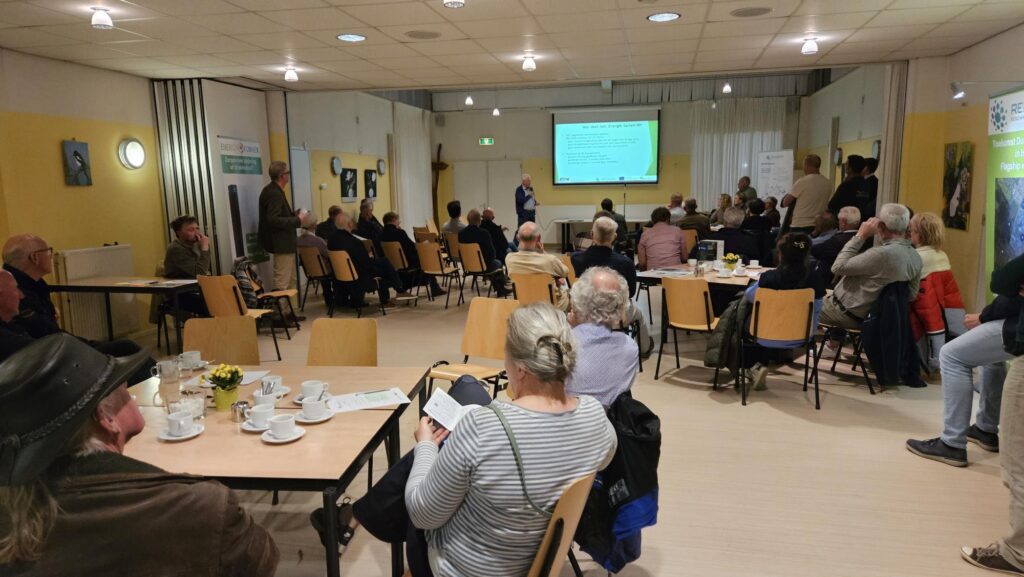
Reformers Blog post
Background & Vision
Micro-economics and CO₂
Longer blog. For electricity, the law of supply and demand applies: • Demand curve (green line): the higher the price, the fewer consumers are willing to use electricity; the lower…
Fair Energy Pricing in company / community battery
How Transfer Pricing Helps Build a Smarter, Fairer Energy Future – Reformers Example As the energy system becomes more local, flexible and decentralized, new questions arise: – How do we…
Tailor-Made Participation in the Energy Transition: A Comparative Study of Participation Models in the REFORMERS Project
An extra long blog. Introduction The energy transition is not merely a technological challenge; it is also a profoundly social one. Shifting from fossil fuels to renewable energy involves not…
The Data-Driven Society, the Brave New World en the Medium is the Message
We are entering an era in which data has become the new fuel of society. From smart meters and digital twins to algorithms that predict our consumption and behavior, the…
The Leverage Effect in Sustainable Investments
It is remarkable how hard it is to change deeply ingrained ideas among households—ideas that businesses abandoned long ago and now profit from. A prime example is the use of…
From Company to Citizens’ Assembly: How Systems Work in the Energy Transition
Let’s start with a familiar example: a manufacturing company. The company is a system—a coherent whole of people, resources, and processes working together to produce a product. Within this system,…
Beyond Project Tools: What Truly Drives Success in Energy Transition Projects
Within the EU-funded REFORMERS project, we work across diverse contexts — from large corporations experienced in structured project environments to local communities like Plan Oost and the small industrial area Oude Werf in Heiloo….
Business Case and Business Model in EU Projects
Business Case and Business Model in EU Projects In many meetings, I often hear the phrase: “There must be a good business case.” The goal is typically to ensure that…
From Mass Production to Tailored Energy: What the Energy Sector Can Learn from Industry
In industry, we have long recognized different forms of production: one-off production, batch production, series production, mass production, and process industry. Each form has its own logic. A carpenter making…
One Cable, Two Purposes: How Companies and Citizens Can Share Energy Infrastructure
In the Netherlands, citizen-led energy initiatives are on the rise. These cooperatives often position themselves in opposition to large energy companies — and with good reason, especially when dealing with…
Political Parties Have Forgotten Their Philosophical Roots: A Case for Enlightenment in the Energy Transition
Introduction: What once formed the backbone of political parties – ideals of civic empowerment, responsibility, and Enlightenment – is increasingly replaced by marketing, technocracy, and short-term gains. This erosion is…
Revisiting Galbraith in the Age of Open Innovation
Revisiting Galbraith in the Age of Open Innovation A Critical Perspective on the Quadruple Helix Framework Introduction: Galbraith and the Power of Corporations In the mid-20th century, economist John Kenneth Galbraith warned…
The Role of Transaction Costs, Ownership Structures, and Technological Maturity in Tomorrow’s Energy Landscape
Voor Nederlandse vertaling click hier cooperatie Nederlands Introduction: From Centralized to Distributed Energy The energy transition is reshaping how we produce and consume electricity. Households and businesses increasingly generate their…
Research Methods in a Divided Society: Numbers vs. Emotion
Introduction Our society seems to be split into two worlds. On one side, there’s the technical-economic bubble, where everything is expressed in numbers and measurable performance. On the other side, there’s…
In Your Own Bubble – On Energy, Duty, and Systems Thinking,
Introduction: We live in a world where everyone seems to inhabit their own private reality – digitally, socially, and even energetically. As the energy transition accelerates, our sense of collective…
From Economics of Scale to Economics of Numbers with Residents
Click hier voor Nederlandse versie From economics of scale to economics of numbers with residents At higher policy levels—within governments and among large corporations—the dominant mindset revolves around large-scale systems….
Democratie en de energietransitie.
‘Verlichting betekent dat de mens zijn door hemzelf veroorzaakte onmondigheid achter zich laat. Onmondigheid is het onvermogen je verstand te gebruiken zonder de leiding van een ander. Aan jezelf te wijten is deze onmondigheid wanneer de oorzaak ervan niet een gebrek aan verstand is, maar een gebrek aan vastberadenheid en aan moed om hier zonder andermans leiding gebruik van te maken. Sapere aude! “Heb de moed je eigen verstand te gebruiken!” is dan ook het motto van de Verlichting’. Kant, Immanuel (1784),
De block chain en energie coöperaties.
Wat wordt de rol van coöperaties in de toekomst en wat is hun toegevoegde waarde ten opzichte van actieve gebruikers zoals ingevoerd in de nieuwe energiewet? Actieve gebruikers kunnen zelf op kleine schaal peer-to-peer (P2P) handel toepassen


